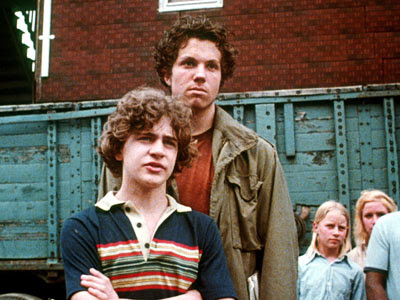Haphazard
Don't Judge Me!
- Joined
- Apr 14, 2008
- Messages
- 6,704
- MBTI Type
- ENFJ
I mostly agree with you, however in reading pieces of Gladwell's "Outliers" he makes a case for how being slightly older than your peers developmentally gives you additional confidence and a leg up in performance that carries you throughout life. I have also seen parents who hold their kids back from starting school until they are slightly older. Maybe something similar (with confidence) could be at play here.
That makes sense.
I've always been younger, smaller, weaker than my peers.






